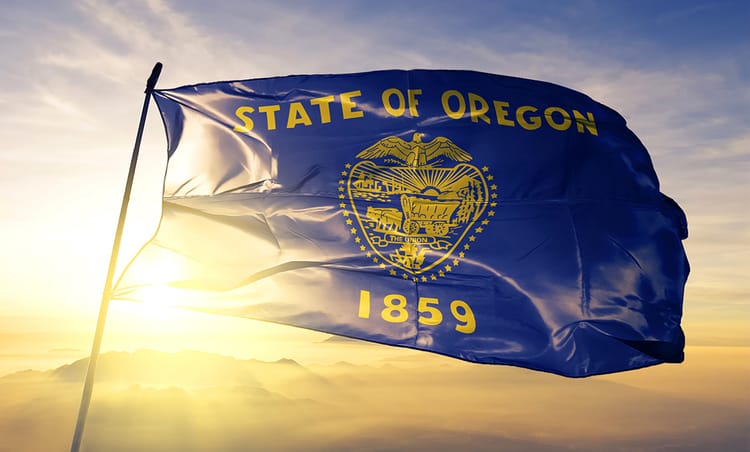Tempers Flare as Lawmakers Enter Crucial Deadline

State lawmakers were slow to advance measures from policy committees during the initial weeks of the session as the legislature acclimated to the mostly virtual session. Now, under the mounting pressure of the first chamber of origin deadline, the committees are set for marathon meetings to keep measures in contention for the session’s remaining months. As of midnight on Friday—the deadline for scheduling bills for work sessions—the committees scheduled hundreds of measures for potential action before the deadline period ends on Tuesday, April 13.
The temperature in the building is growing hotter by the day as measures continue to move toward the floors. In the House, Republicans are maintaining their refusal to suspend the requirement for reading bills in their entirety as part of their protest of the capitol’s closure and exhaustive legislative workload. Today, the House is holding proceedings on an uncontroversial, 170-page measure changing the statutory name of the Oregon Liquor Control Commission to the Oregon Liquor & Cannabis Commission. The bill, which passed out of committee with a unanimous vote, was expected to consume at least eight hours of floor time for reading. In an effort to speed up the day’s agenda, Democrats tried to send the bill back to a policy committee, effectively killing it for the session, but Republicans refused to provide the supermajority votes necessary to re-refer the measure to committee. Democrats are growing increasingly and more publicly frustrated with the minority’s stall tactics and scheduled daily and nightly floor sessions throughout the week to work through the growing list of measures. Notably, the legislature is still early into its session with few bills progressing to the floor and the backlog of measures will only grow more staggering in the coming weeks and months without a ceasefire.
Although there are plenty of contentious policy proposals for the session, they may pale in comparison to the mounting uncertainty for the state’s fiscal outlook. On Wednesday, the U.S. Internal Revenue Service announced it would extend the deadline for filing federal income tax returns to May 17, providing taxpayers more time to manage their filings during the unusual circumstances with the pandemic. Likewise, the Oregon Department of Revenue also announced that it would follow the federal timeline. While the additional time may help Oregonians manage their tax filings for the year, it creates an impossible task for those responsible for forecasting state revenues. Normally, the Department and state economists have more than a month between the tax filing deadline and the critical revenue forecast of the session in May, allowing the forecasters to use the most current and reliable information to inform the legislature of the state’s available resources. Now, the economists will only have two days to try to incorporate tax data into its forecast. Ultimately, the extension may result in significantly less confidence in the numbers the legislature must use to craft its budget and create uncertainty lasting not only for this session but throughout the biennium.
Despite the legislature’s efforts to minimize the risk of exposing members, lobbyists, and the public to the viral contagion, we learned last week that at least one member had been exposed and faced symptoms of COVID-19. It was, of course, inevitable to avoid the virus appearing during the session, but, for those battling for their health, we wish you godspeed in your recovery.





